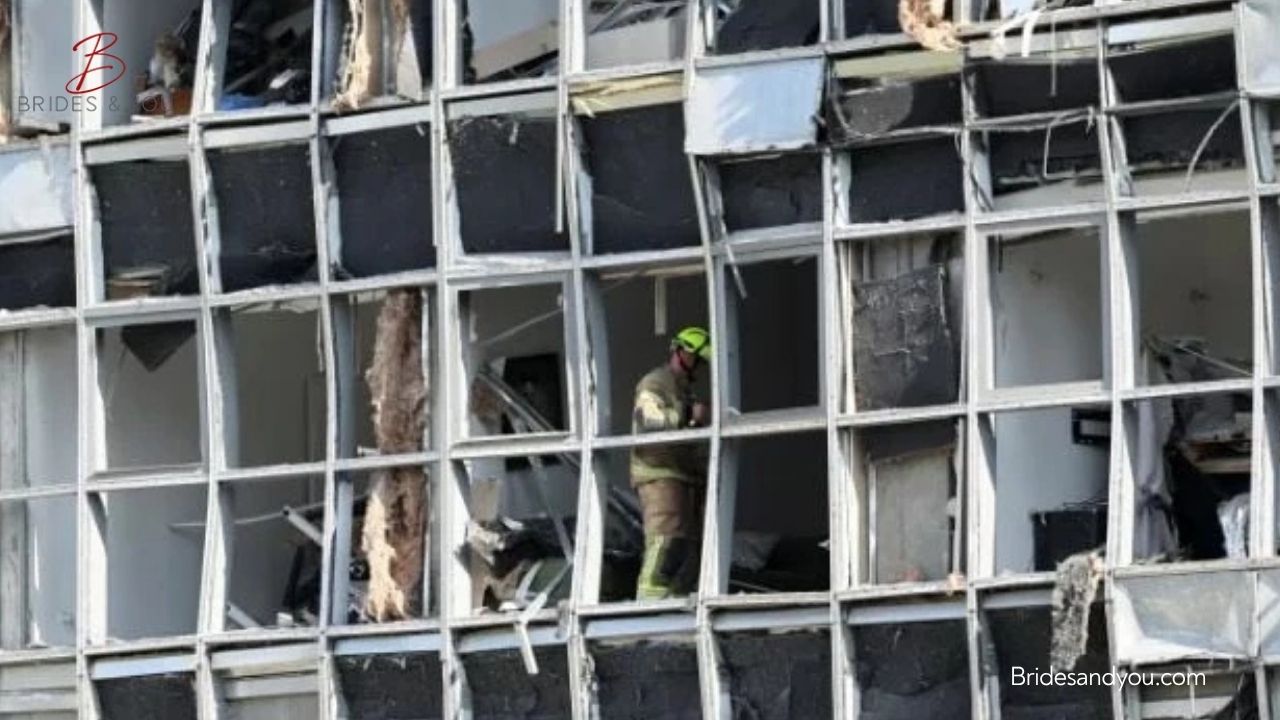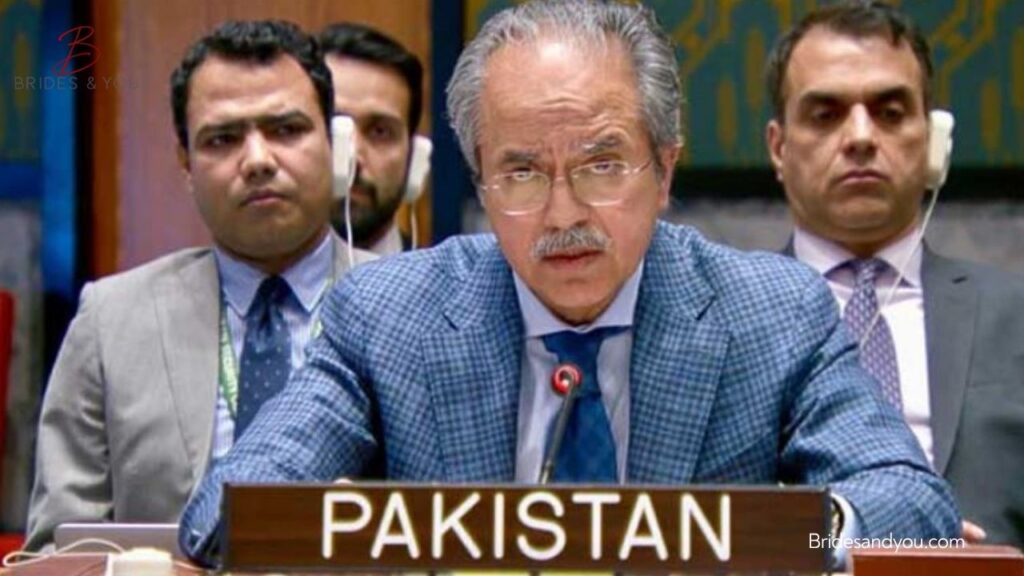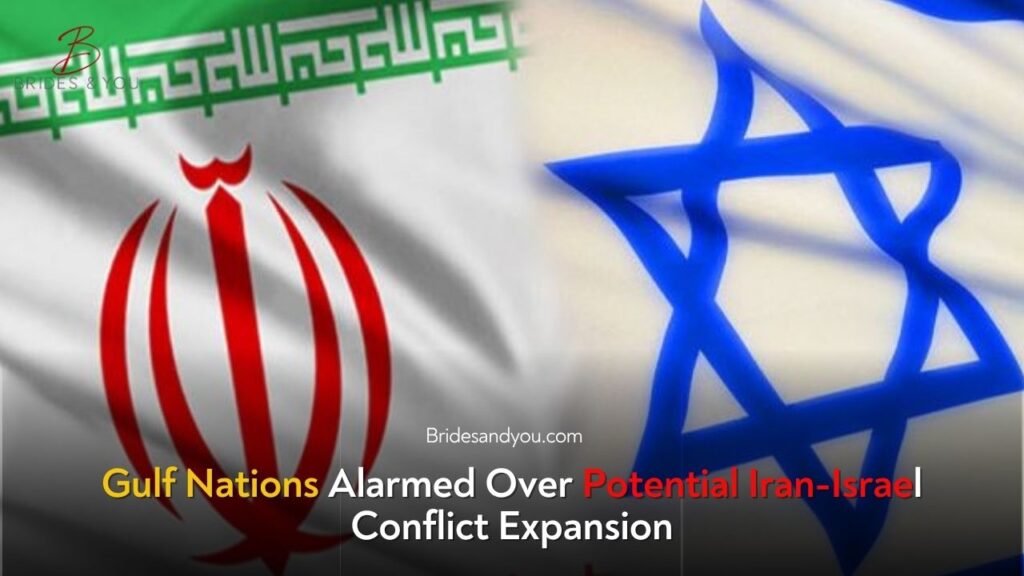Now Reading: Israel-Initiated Conflict with Iran Escalates Amid Global Alarm and Diplomatic Pushback
-
01
Israel-Initiated Conflict with Iran Escalates Amid Global Alarm and Diplomatic Pushback
Israel-Initiated Conflict with Iran Escalates Amid Global Alarm and Diplomatic Pushback

As the Israel-initiated conflict with Iran intensifies, the global community watches with deep concern, fearing a broader regional war. What began as cross-border skirmishes has evolved into full-scale aerial assaults, nuclear facility threats, and mass casualties on both sides.
Rising Tensions Turn Deadly
In recent days, Iranian missile strikes have rocked central and southern Israel, hitting areas near Be’er Sheva and even landing close to Soroka Medical Centre. In retaliation, Israel launched targeted airstrikes against Iran’s Khondab nuclear facility, escalating fears of environmental and nuclear catastrophe.
Iranian authorities reported that their reactors had been evacuated before the Israeli attack, stating there was no radiation threat. However, the symbolic value of targeting a nuclear site has raised alarms worldwide. The situation further deteriorated when a residential building in Holon, near Tel Aviv, was struck, injuring over two dozen civilians.
According to Iranian state media, over 585 Iranians have died in the Israeli attacks, including 70 women and children. Israel, meanwhile, confirmed 24 deaths and over 800 injuries due to Iranian missile retaliation. Other unconfirmed sources suggest the toll may be higher.
Iran Accuses IAEA of Failing to Prevent Israeli Aggression
Iran’s Atomic Energy Organisation openly criticized the International Atomic Energy Agency (IAEA) for not acting on repeated warnings regarding possible Israeli strikes. In a statement released via IRNA, Iran accused the IAEA of negligence and called the attack on the Khondab facility a breach of international law.
This isn’t the first time Iran has felt abandoned by global institutions. The lack of intervention has deepened Tehran’s mistrust, making diplomatic efforts increasingly difficult.
Europe Steps In: Geneva Talks on the Horizon
In response to the intensifying crisis, foreign ministers from France, the UK, and Germany are preparing for an urgent diplomatic meeting in Geneva with Iranian Foreign Minister Abbas Araghchi. If held, this would mark the first high-level Western-Iranian dialogue since the onset of the current conflict.
However, Araghchi has refused to meet U.S. envoy Steve Witkoff, citing Washington’s alleged complicity in the Israeli offensives. “It is impossible to engage while under assault,” he emphasized.
European diplomats hope to use the meeting to encourage Iran to scale back its nuclear activities, though Tehran remains firm on not surrendering unconditionally. Araghchi reiterated on social media that Iran remains committed to non-proliferation: “We have never sought and will never seek nuclear weapons.”
Israel Claims Drone Interception, Warns of Escalation
Israeli media reports that Iran has launched over 1,000 drones since June 13, with less than 200 entering Israeli airspace. Most were intercepted, and none reached critical targets.
Despite these claims, the sense of insecurity among Israeli citizens remains high, with increased civil defense warnings and hospital evacuations.
Meanwhile, Ayatollah Ali Khamenei warned the U.S. that any strikes on Iranian soil would lead to “serious irreparable consequences.” Though President Trump has yet to commit to military involvement, he confirmed that U.S.-Israel consultations are ongoing.
Global Reactions and Condemnation
Japan’s Nihon Hidankyo, a group representing survivors of the atomic bombings of Hiroshima and Nagasaki, issued a rare and emotional condemnation of Israel’s strikes on nuclear facilities. They urged an immediate ceasefire, highlighting the long-term dangers of attacks on nuclear infrastructure.
The U.S. Embassy in Qatar has also taken precautionary steps by limiting access to the Al Udeid Air Base and advising heightened security protocols for American personnel.
What’s Next?
With the Israel-initiated conflict with Iran now entering a potentially irreversible phase, the world’s eyes turn to Geneva. Will diplomacy succeed where weapons have failed? Will international institutions rise to the occasion or continue to remain sidelined?
What’s clear is that both Iranian and Israeli civilians are bearing the brunt of a conflict they did not start. As the dust settles after each new strike, the human cost continues to mount.












